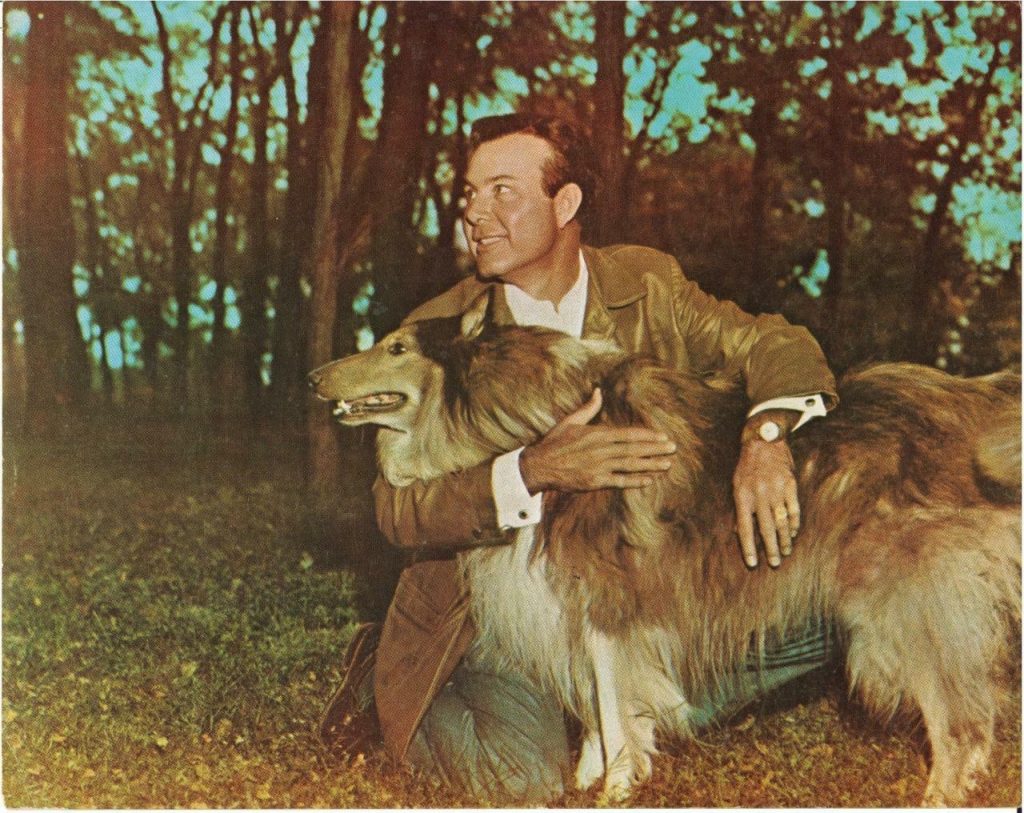
A Timeless Tale of Love and Conflict: “When Two Worlds Collide”
In the annals of country music, few voices evoke the same sense of nostalgia and heartfelt emotion as that of Jim Reeves. His deep, velvety tones have serenaded countless souls, leaving an indelible mark on the hearts of listeners across generations. Among his many memorable tracks, “When Two Worlds Collide” stands out as a poignant reflection on the turmoil and beauty that ensue when disparate forces meet. Released in 1963, this song has become a classic, resonating with those who have experienced the bittersweet dance of love in the face of insurmountable differences.
Upon its release, “When Two Worlds Collide” captivated audiences, securing a respectable position on the Billboard country charts. Although it didn’t soar to the top immediately, its enduring appeal has cemented its status as a beloved staple in Jim Reeves’ discography. This song showcases not only his smooth vocal delivery but also his remarkable ability to convey profound emotion through music.
The story behind “When Two Worlds Collide” is as compelling as the song itself. Co-written by country legends Roger Miller and Bill Anderson, the song delves into the universal theme of love caught between conflicting worlds. It’s a narrative that speaks to anyone who has ever found themselves torn between two opposing forces, whether they be cultural differences, familial expectations, or personal beliefs. The lyrics paint a vivid picture of two lovers striving to bridge the gap between their disparate realities, only to find themselves at a crossroads where compromise seems elusive.
The beauty of this song lies in its simplicity and relatability. With lines that echo the longing and heartache of lovers separated by circumstance, it taps into the shared human experience of yearning for connection despite seemingly insurmountable odds. Jim Reeves delivers these sentiments with an authenticity that makes every listener feel as though he is singing directly to them, capturing the essence of what it means to be human.
Musically, “When Two Worlds Collide” is a testament to the timeless appeal of classic country music. Its gentle melody and understated arrangement allow Reeves’ voice to take center stage, drawing listeners into the emotional core of the song. The instrumentation is minimal yet effective, providing a delicate backdrop that enhances the lyrical narrative without overshadowing it.
For many older listeners, “When Two Worlds Collide” serves as a portal to a bygone era—a reminder of days when love songs carried profound meaning and storytelling was at the heart of every melody. It evokes memories of slow dances under starlit skies and quiet moments spent with loved ones in simpler times. The song’s themes resonate deeply with those who have lived through decades of change and transformation, offering a comforting reminder that some aspects of the human experience remain constant despite the passage of time.
The enduring legacy of Jim Reeves and his music is a testament to his ability to capture universal truths through song. In “When Two Worlds Collide,” he invites us to reflect on our own experiences with love and conflict, urging us to consider how we navigate the spaces where different worlds meet. It’s a reminder that while love may not always conquer all, it remains one of life’s most powerful forces—capable of bridging divides and inspiring hope even in the face of adversity.
As we listen to “When Two Worlds Collide,” we are reminded of the power of music to connect us across generations and cultures. In a world that often feels divided, this song offers solace in its message that love can endure even when faced with seemingly insurmountable obstacles. For those who cherish memories of days gone by or seek comfort in familiar melodies, Jim Reeves’ timeless classic serves as both a nostalgic journey and an enduring testament to the power of love’s resilience.
In conclusion, “When Two Worlds Collide” is more than just a song; it’s an emotional journey that continues to resonate with listeners today. Through its heartfelt lyrics and evocative melody, it captures the complexities and contradictions inherent in love—a theme as relevant now as it was when Jim Reeves first recorded it decades ago. As we revisit this classic track, we are reminded once again of music’s unparalleled ability to touch our souls and bring us together across time and space.
